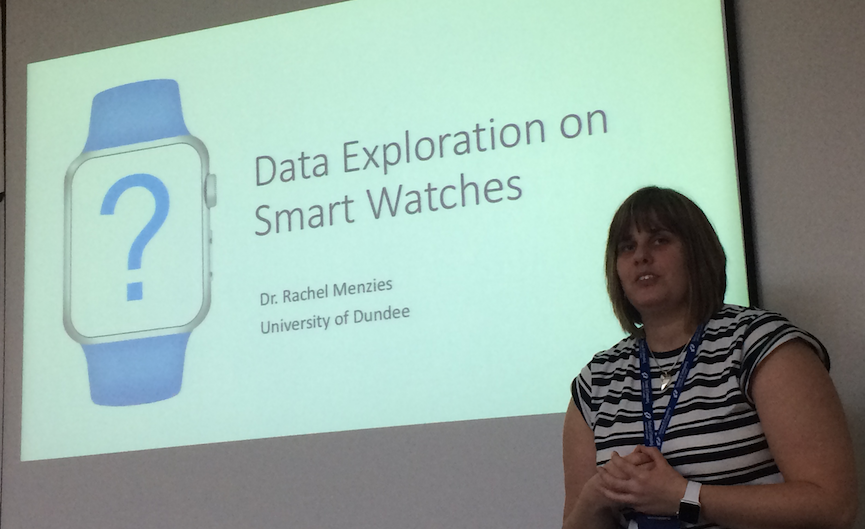
Abstract
Most experiences in life are punctuated by a closure experience. In the past these were profound; however, over generations we have distanced ourselves from meaningful closure experiences thanks to our lifestyles increasing in comfort, the church weakening and medicine advancing.
This has seemingly freed us from the shackles of the ultimate closure experience – death – and sanctioning our personal pursuit of heaven on earth in the form of consumption. We are now encouraged to drunkenly stumble from purchase to purchase, with any sense of longevity and responsibility removed.
Long term side effects of this are exampled in the Product, Service and Digital landscapes that we frequent. The consequences of our behaviour results in a changing climate, industries fined billions for mis-selling and individuals casually eroding their personal online reputations.
Many of us are active in the creation of services, products or digital products; making them attractive, engaging and usable for consumers, but we often overlook concluding these experiences for the user in a responsible way. Closure Experiences offers a model to frame this change.
Bio
Joe Macleod has been working in the mobile design space since 1998 and has been involved in a pretty diverse range of projects. At Nokia he helped develop some of the most streamlined packaging in the world, he created a hack team to disrupt the corporate drone of powerpoint, produced mobile services for pregnant women in Africa and pioneered lighting behavior for millions of phones. For the last four years he has been key to establishing ustwo as the UKs best digital product studio, with 180 people globally in London, New York, Sydney and Sweden, while also successfully building education initiatives, curriculums and courses on the back of the IncludeDesign campaign which launched in 2013. He now works independently on projects and has recently established established Closure Experiences, a new business looking at issues around consumption, consumerism and designing the end of things.






 For many of us, interacting with data on mobile devices such as phones and tablets is commonplace in our lives, e.g. phone call data, TV guide, maps, fitness and wearable data. With the introduction of smart watches, the screen size of mobile devices has dramatically decreased. This reduction in screen real estate provides challenges for the design of interfaces, including the presentation and exploration of data visualisations. Using bar charts as an example, this presentation will explore the shortcomings of current zooming techniques on very small screens and consider proposed guidelines for the development of simple data exploration applications. Key design features such as the need for overview and context will be considered in respect to a simple and effective data exploration task.
For many of us, interacting with data on mobile devices such as phones and tablets is commonplace in our lives, e.g. phone call data, TV guide, maps, fitness and wearable data. With the introduction of smart watches, the screen size of mobile devices has dramatically decreased. This reduction in screen real estate provides challenges for the design of interfaces, including the presentation and exploration of data visualisations. Using bar charts as an example, this presentation will explore the shortcomings of current zooming techniques on very small screens and consider proposed guidelines for the development of simple data exploration applications. Key design features such as the need for overview and context will be considered in respect to a simple and effective data exploration task.